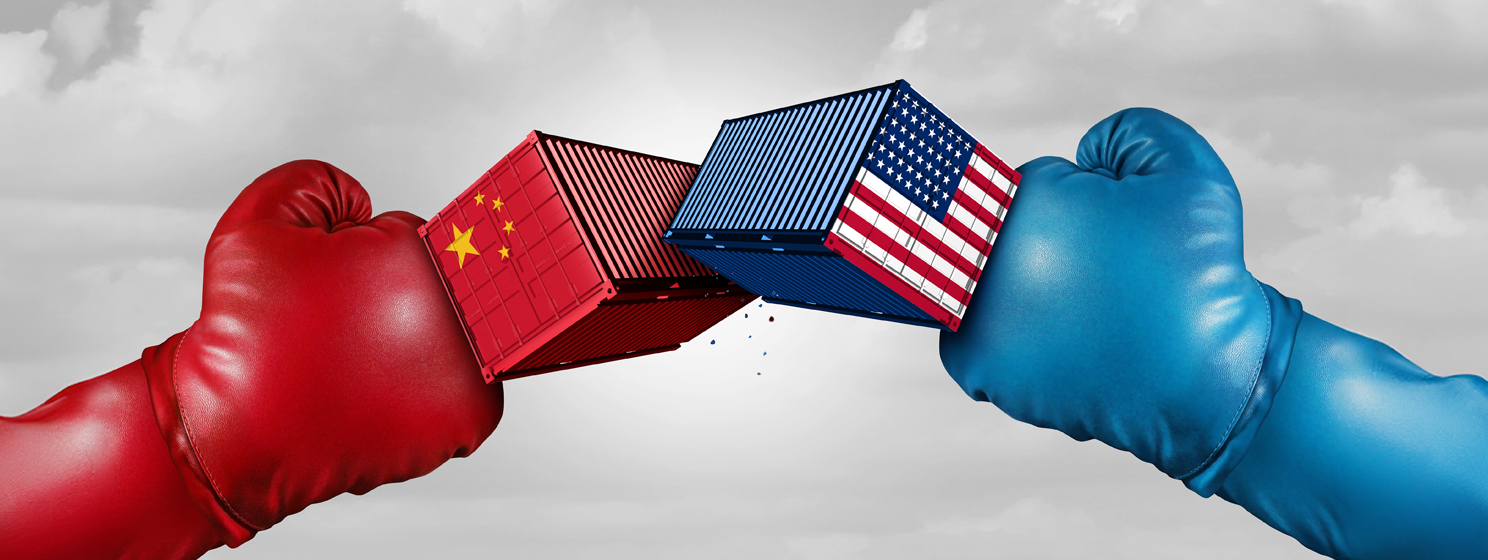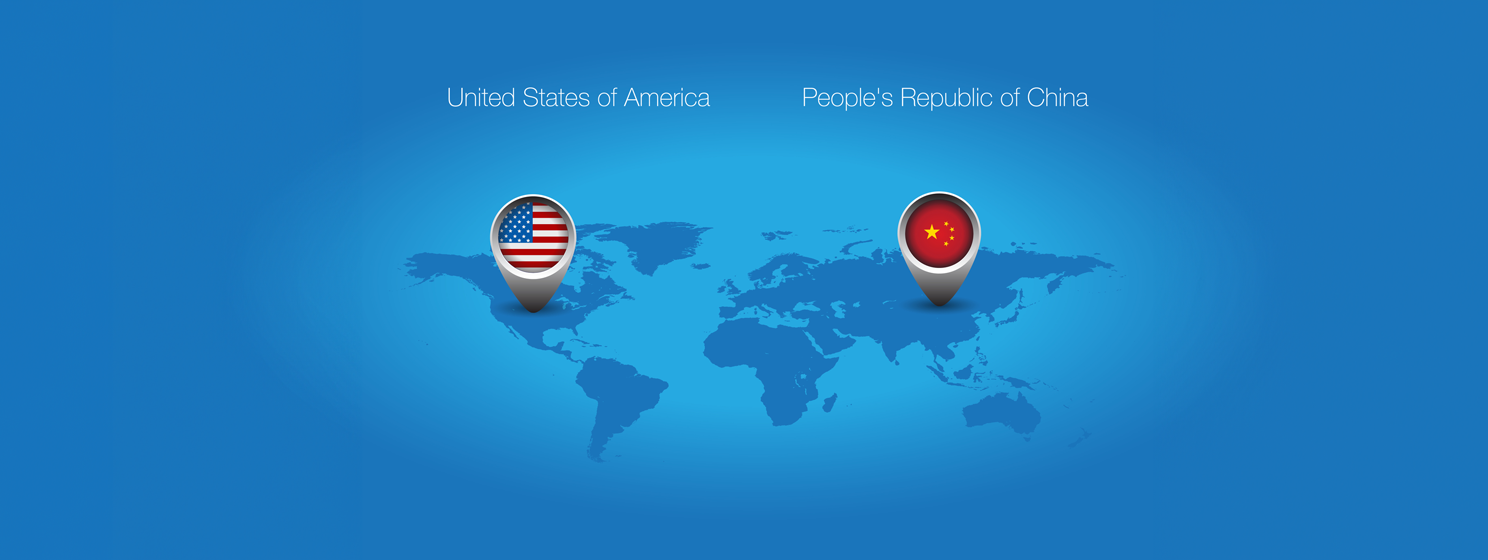|
Getting your Trinity Audio player ready...
|
Countries worldwide are looking for innovative ways to stand out from the crowd and lead regional economic recoveries following the setbacks of the past few years. The Philippines, in particular, shows promise at achieving this, with new President Ferdinand Marcos Jr. singling out the growth potential of information and communications technology. He has called for a “digital transformation” of the country at all levels, from education and agriculture to government records and physical infrastructure—and is looking for ideas that could amplify that transformation, distinguishing the Philippines from others and even marking it as a world leader.
That vision, along with a streamlining of foreign investment rules, presents a golden opportunity for blockchain technology. A fast, versatile, and scalable blockchain like BSV would be useful across several key development sectors, such as assisting in streamlining everything from financial transactions to supply chains, healthcare, land reform, and bureaucracy.
The Philippines could be a blockchain powerhouse and global leader
In his State of the Nation address to Congress in May 2022, President Marcos announced a series of reforms and initiatives to develop the country’s technological infrastructure and digital economy. Aimed at helping the Philippines to become more competitive in the world of the “Fourth Industrial Revolution,” President Marcos’ plans called for a “digital transformation” and “universal connectivity” that includes digitizing resident IDs, healthcare data, and land registry records. Plans to upgrade the underlying physical infrastructure for IT communications across all islands in the archipelago are also in the works.
The Department of Information and Communications Technology (DICT), he said, “has the daunting task now of transforming our government into an agile bureaucracy that is responsive to the needs of the public, provide good and solid data to ensure informed decision-making, as well as allow secure and seamless access to public services.”
There would also be educational reforms to focus on STEM subjects. The Public Service Act has been altered to remove restrictions on foreign investment as the Philippines seeks “an increase in direct investment from overseas players.”
“Eco-zones will be fully supported to bring in strategic industries, such as those engaged in high-tech manufacturing, health and medical care, and all emerging technologies,” the President revealed.
“Our tax system will be adjusted in order to catch up with the rapid developments of the digital economy,” he added.
In February 2023, President Marcos signed an executive order creating a “green lane” for foreign investment into areas deemed “highly desirable projects” of strategic importance. This includes a computerized business permit and licensing system that streamlines approvals and speeds up transaction times.
The same week Philippines’ central bank, the Bangko Sentral ng Pilipinas (BSP), called for eliminating fees for small-value bank transfers to promote cashless payments for all. Governor Felipe Medalla said it was “in pursuit of a financial system that leaves no one behind.”
Economic recovery and annual GDP growth targets of 6.6-8% by 2028 are also a Marcos priority, along with a reduction in poverty to single-digit percentages and attainment of upper-middle income status for the country by 2024.
The Philippines would identify projects with “high-multiplier effects,” he said. The President referred specifically to the large agricultural and food supply sector, the country’s large creative/freelancer workforce, tourism, and healthcare as areas worthy of attention.
In every area mentioned above, there are use cases for the BSV blockchain. It allows for fast, cashless/digital payments, both domestic and international, as well as tokenization of assets, storage, and processing of any government record or business contract.
BSV also handles this data in a way that promotes transparency and affordability. Transactions on BSV are near-instant and cost a thousandth of a U.S. cent each. The high bandwidth and promise of permanent storage on blockchain’s “universal ledger of truth” allows anyone in a process to verify that records exist and are genuine at any point in time, and quickly spot any discrepancies or alterations.
“Productivity enhancing investments will be promoted,” President Marcos added in his State of the Nation address. “Our country must become an investment destination, capitalizing on the corporate recovery, and tax incentives for enterprises … and economic liberalization laws, such as the Public Service Act and the Foreign Investments Act.”
BSV’s work in the Philippines has already begun
The province of Bataan is one of the Philippines’ special economic zones. Located on the western side of Manila Bay, it also acts as a hub between the Clark Freeport and Special Economic Zone in Central Luzon and Metro Manila.
CoinGeek’s “BSV Stories” series recently featured the Philippines and Bataan in particular. Provincial Governor Jose Enrique Garcia III said his administration “is keen on looking at blockchain solutions for various services we can provide for our constituents.”
“We want technology to be at the forefront of the government, and people providing and receiving efficient government services,” he added.
Representatives from the BSV industry attended Bataan’s Global Blockchain Summit to interface with locals and identify new opportunities. They stressed the importance of distinguishing BSV-based data services from older blockchain cliches like token/asset trading and unregulated finance.
Blockchain research and development firm nChain also signed a Memorandum of Understanding (MOU) with Bataan’s government in January 2023, intending to develop solutions for state services, products, and processes.
“nChain is committed to partnering with governments around the world to digitally transform their economies. Through this memorandum of understanding with Bataan, we are thrilled to begin to propel the state forward by providing expert advice and blockchain-based solutions for the digitization of the state services, products, and processes using our robust intellectual property rights portfolio. With BSV blockchain powered by nChain, Bataan can look forward to an efficient, secure, and transparent system in digitalizing various branches and agencies of the state, providing better services and products for its people,” nChain AG Chairman Stefan Matthews stated.
Blockchain technology enthusiasts naturally jump at any mention of a country’s plans to seek “digital transformation” and technological innovations. However, decision-makers must remain skeptical of overly-hyped blockchain projects without a proven track record or vague notions of “using blockchain” without clearly defined methods to do so.
With its Bitcoin pedigree that goes all the way back to 2009, BSV is the one blockchain that can claim both long-term stability and a big data application vision. nChain’s work in Bataan presents a great chance to demonstrate how this works practically, not only in data applications but in entirely new economic structures. This can converge with the Philippines government’s overall quest to find “high-multiplier effects” for efficiency and growth through digital transformation, making the country an inspiration for others.
Watch nChain’s Stefan Matthews: “Philippines has the most to gain with blockchain adoption”

 02-13-2026
02-13-2026 




